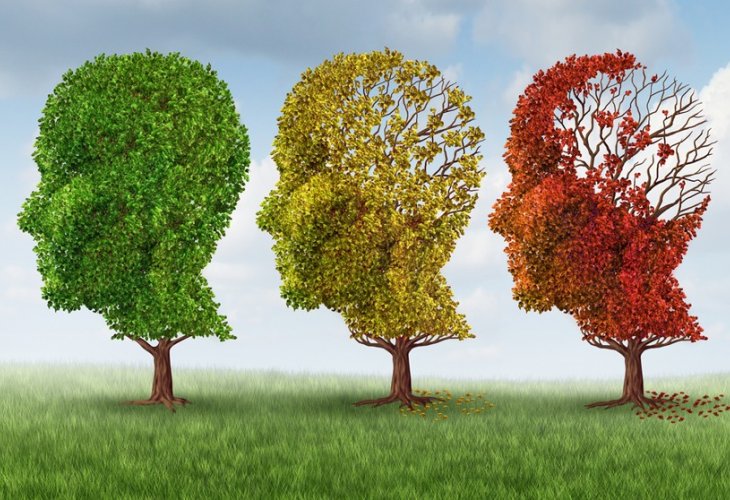Everything You Can Do to Protect Yourself from Alzheimer's in Old Age
Even if you've inherited bad genes, it turns out you might not develop Alzheimer's. Neuroscientist Lisa Genova explains what we can do—both at a young and older age—to maintain our cognitive abilities.
 (Photo: shutterstock)
(Photo: shutterstock)Everyone wants to live long, but nobody wants to find themselves at eighty with unclear consciousness due to Alzheimer's disease. But are there steps we can take to maintain our cognitive abilities in old age?
Yes, says Lisa Genova, a neuroscientist who lectures worldwide about Alzheimer's. In a recent TED Talk, Genova explained why Alzheimer's disease occurs and how to fend it off.
Alzheimer's disease is caused by accumulations of beta-amyloid between synapses in the brain. Beta-amyloid builds up throughout our lives, but when it reaches a critical threshold, Alzheimer's disease develops.
Part of the tendency to develop Alzheimer's disease is dependent on genes, over which we have no control. However, Genova says, studies show that even people who inherit genes that put them at high risk for Alzheimer's do not necessarily develop the disease.
What are the factors related to Alzheimer's over which we have control?
First—sleep. Deep sleep cleanses the brain, says Genova. People suffering from chronic sleep deprivation build up amyloid plaques in the brain, paving the way to Alzheimer's disease. Additionally, obesity, diabetes, high cholesterol, and high blood pressure all increase the risk of Alzheimer's.
There are also protective factors: aerobic activity and a Mediterranean diet both benefit brain health and reduce the risk of Alzheimer's.
But even if you're 65 and have done nothing to prevent the development of Alzheimer's until now, Genova says research shows that some people whose brains exhibit all the signs of Alzheimer's damage do not experience impaired function at all. How is this possible? These individuals have a reserve of synapses. Alzheimer's does destroy synapses—but we grow new synapses throughout our lives as we learn something new. People with more education and those who continue to challenge themselves intellectually throughout their lives are individuals with extensive brain backups, so their cognitive abilities remain intact even if they have amyloid beta deposits in their brains.
"Just doing crosswords isn't enough," warns Genova. "What you need to do is learn a new language, meet new friends, attend a new lecture."
And she also has a concluding message for those who already missed the train and have Alzheimer's.
"My experience with many Alzheimer's patients teaches three things: 1. An Alzheimer's diagnosis doesn't mean you'll die tomorrow—keep living! 2. Your emotional memory is intact 3. You are more than what you remember!"

